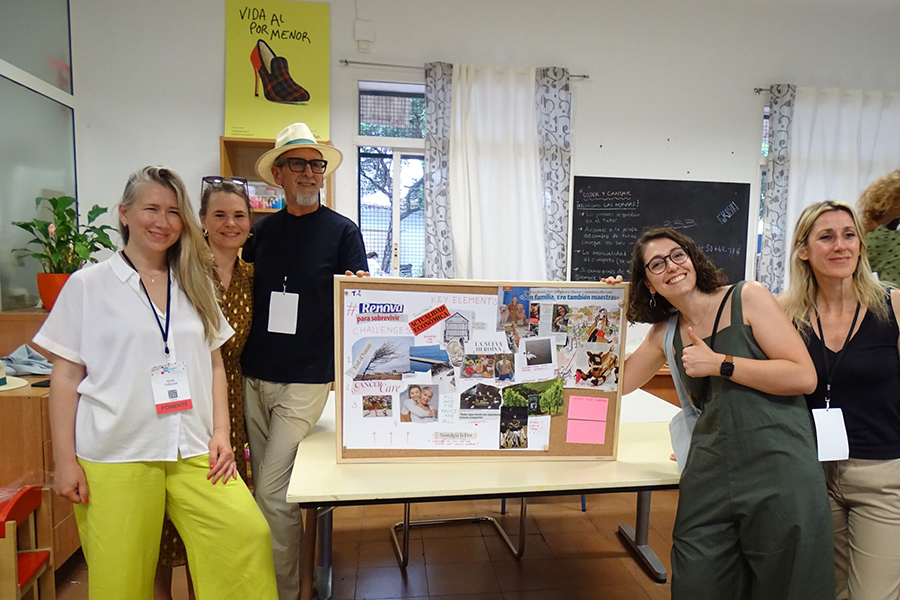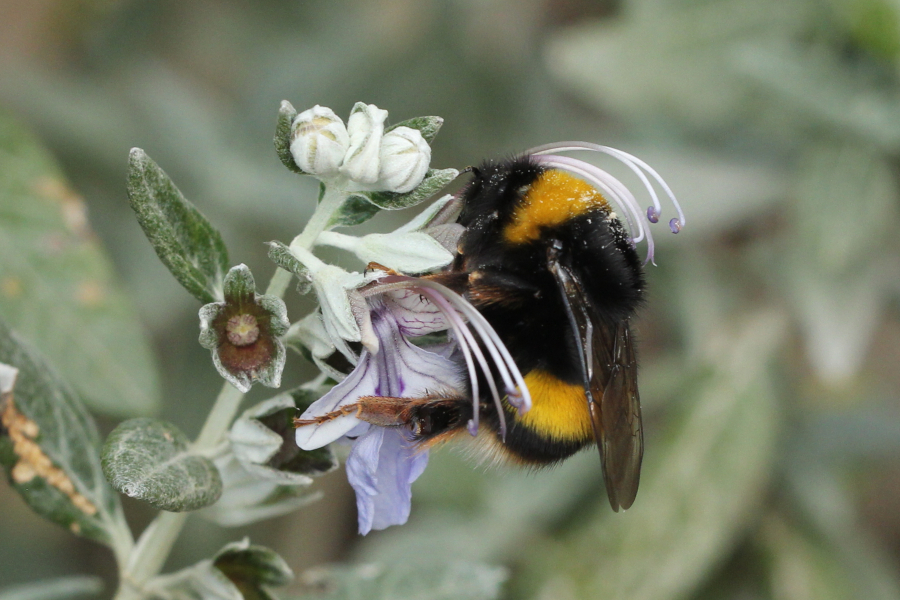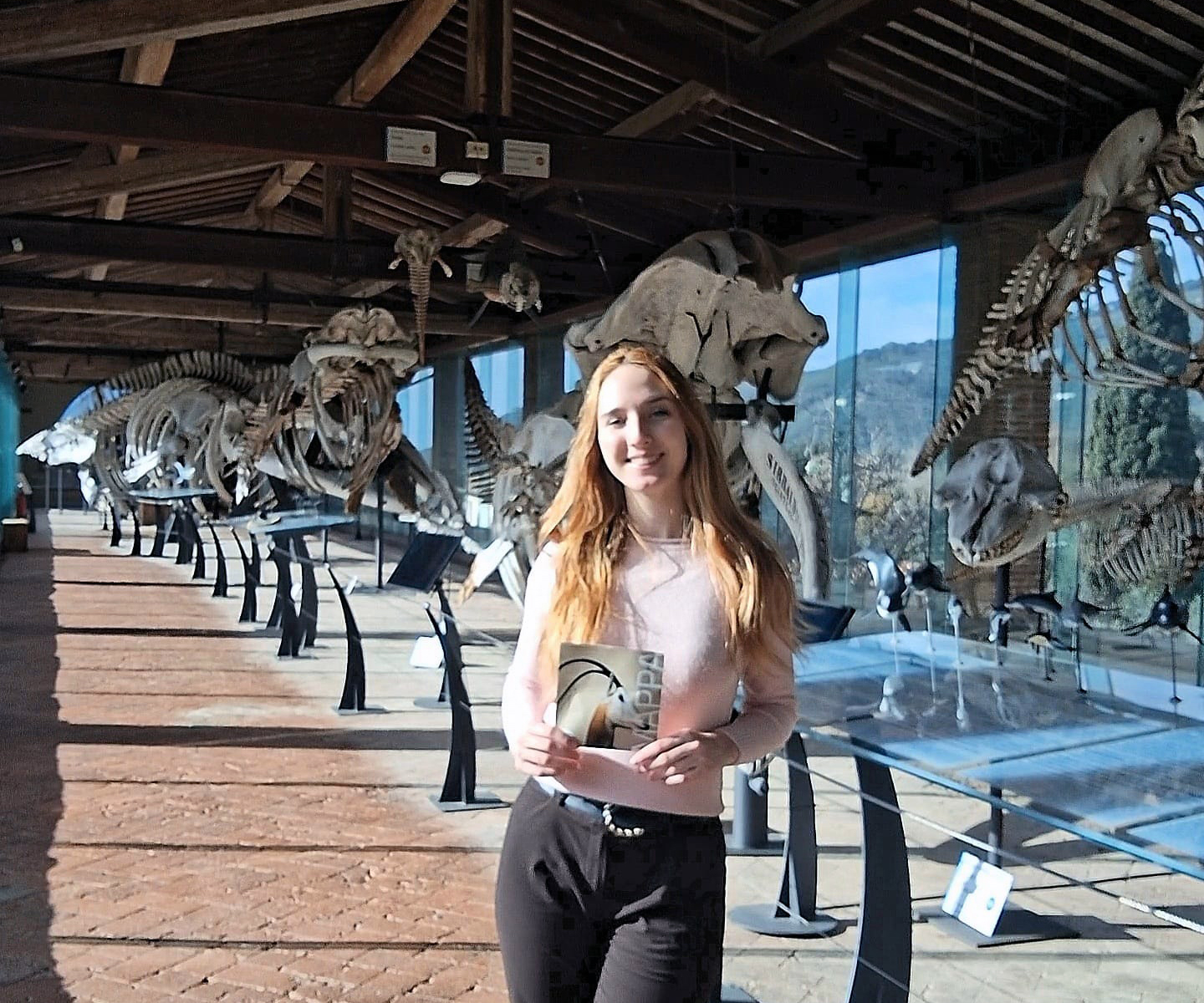The European project IN-HABIT has come to a close, having transformed Lucca into a living lab of urban and social innovation by recognizing animals as a public resource for community well-being. Led by the Department of Veterinary Sciences at the University of Pisa, in collaboration with the Municipality of Lucca and LuccaCrea, IN-HABIT made the Tuscan city the first in Europe to adopt an integrated human-animal policy. Grounded in the “One Health” principle — the idea of shared health between humans, animals, and the environment — the project generated social, cultural, and economic value.
Over the course of five years, IN-HABIT regenerated both urban spaces and community life by creating 15 kilometers of “animal-friendly” smart routes connected to social interaction zones, designed to promote relationships between people and animals. This was done using a participatory approach inspired by the New European Bauhaus, an EU initiative promoting beautiful, sustainable, and inclusive urban design.
The project also opened up to a broader social and cultural dimension by involving local residents. Hundreds of primary and secondary school students took part in educational activities centered on participatory urban planning. Among them was “CityPets,” a card game encouraging responsible pet ownership in urban contexts. IN-HABIT also focused on elderly individuals and vulnerable populations, introducing animal-assisted interventions in care homes and launching a pet care service tailored to those in need.
Alongside the educational and social components, IN-HABIT also boosted the pet economy. A total of 35 new entrepreneurial ventures were launched — from pet-friendly tourism to innovative services for animals — offering new job opportunities, particularly for young people and women.

“In Italy, there are more pets than people, and over half of all households have chosen to share their lives with animals. On top of that, wild animals — as a source of biodiversity and connection with nature — are extremely important for citizens,” noted Professor Francesco Di Iacovo of the University of Pisa, IN-HABIT project coordinator. “From this perspective, the project revealed great social and economic potential. Our goal is to replicate the Lucca model elsewhere, to launch innovation pathways that meet emerging urban needs.”
“The project created a participatory platform that brought together citizens, public administrations, and associations,” added Professor Chiara Mariti from the University of Pisa. “The results showed how animals can reduce anxiety and facilitate dialogue and connection, even in complex situations such as elderly care homes. At the same time, they open up economic opportunities — particularly for women and youth — to support inclusive health and well-being.”
IN-HABIT officially concluded with an international event in Córdoba, Spain, held on June 10–11. In Lucca, the project leaves behind a tangible, innovative, and replicable legacy. From a scientific perspective, the results have been shared at national and international conferences, as well as in outreach seminars aimed at encouraging dialogue with other cities in Italy and abroad that may be interested in adopting the ‘hum-animal city’ model.



